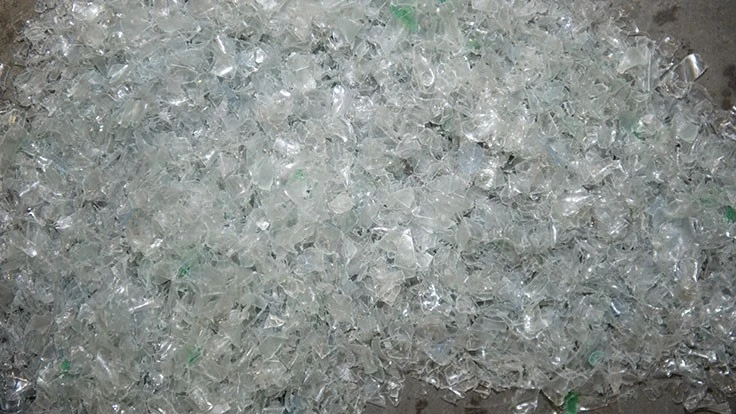
California Gov. Gavin Newsom has returned Assembly Bill 792 to the state’s legislature without his signature.
AB 792 would have required “specified amounts of postconsumer recycled plastic content per year pursuant to a tiered plan that would require the total number of plastic beverage containers to contain, on average, no less than 50 percent postconsumer recycled plastic content per year on and after Jan. 1, 2030.” The legislation also would have imposed civil penalties, in specified amounts, on beverage manufacturers for violating the bill’s requirements and would have authorized California’s Department of Resources Recycling and Recovery (CalRecycle) to enforce these provisions. CalRecycle would have been authorized to conduct audits and investigations of beverage manufacturers for the purpose of ensuring compliance.
The Association of Plastic Recyclers (APR), Washington, reached out to Newsom by letter Oct. 11 to urge him to sign AB 792, “Recycling: Plastic Containers: Minimum Recycled Content and Labeling.”
The association’s President Steve Alexander writes: “We believe AB 792 has set realistic goals, and that it will improve and strengthen recycled PET (polyethylene terephthalate) markets in California. Signing AB 792 is a critical first step to dealing with plastics in the state, and we view this measure as complimentary to the broader goals that will be addressed in SB 54 related to single-use packaging.”
However, in an Oct. 12 letter to the legislature vetoing the legislation, Newsom writes: “While I support strong minimum recycled content standards, late amendments to this bill would result in a costly, burdensome process that undermines the worthy intent of this legislation.”
He adds, “The waiver petitions allowed under this bill would put the burden on the state to prove to manufacturers that their products can meet recycling goals rather than making clear that manufacturers have the responsibility to create products that can meet these goals.”
Newsom adds that “minimum recycled-content standards should be established to support markets and expand remanufacturing” as the state works to evolve its California Beverage Container Recycling Program. “However, they must be established in a meaningful way that ensures the standards can be achieved.”
Latest from Recycling Today
- Eagle Dumpster Rental identifies its MRF-unfriendly items
- American Securities acquires Integrated Global Services Inc.
- Fleetio integrates Maintenance Shop Network add-in
- 3rd Eye expands suite of fleet safety solutions
- Newsom orders SB 54 revision
- Biffa sees recycling, composting opportunities at events
- Copper market navigation stress lingers
- IWS ramps up NJ MRF





